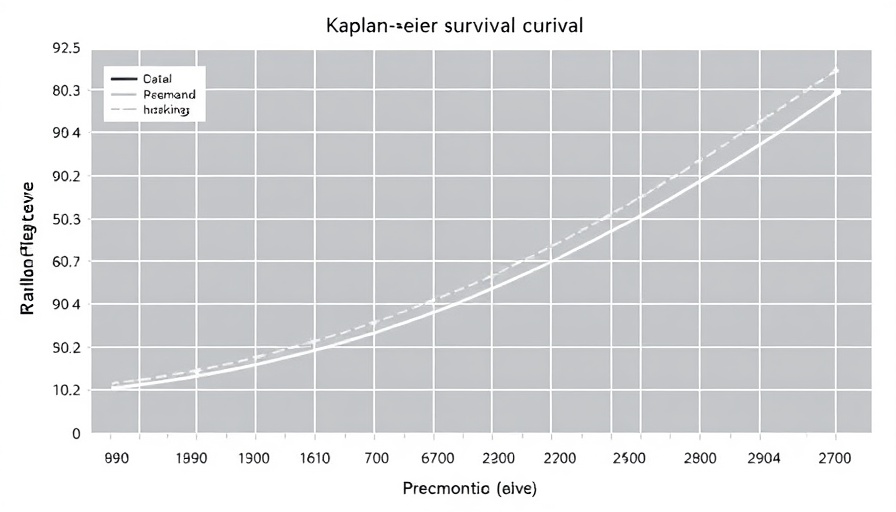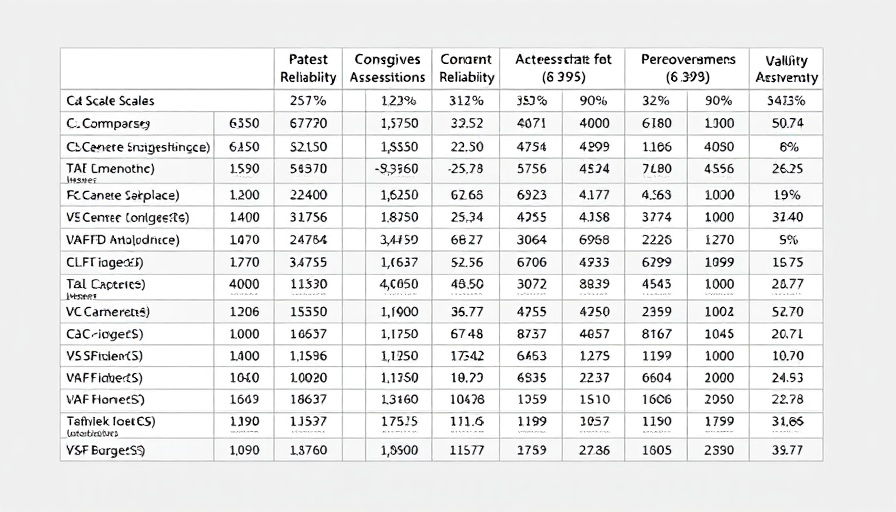
Mechanistic Theories of Aging: Unraveling Biological Complexities
The aging process has long perplexed scientists, influenced by a flurry of theories that describe its various mechanisms. Among these, the mechanistic theories of aging stand out due to their biological depth, providing a framework to understand how aging manifests at molecular, cellular, and organismal levels. From the accumulation of genetic mutations to the degradation of cellular structures, unraveling these mechanisms can unlock pathways to improved health in later years.
Understanding the Hallmarks of Aging
Central to the mechanistic theories are the 'hallmarks of aging' as proposed by López-Otín et al. in 2013. These include mitochondrial dysfunction, genomic instability, and loss of proteostasis. Each hallmark represents a distinct biological phenomenon, yet they interrelate and contribute cumulatively to aging. Take mitochondrial dysfunction, for example—it is not only linked to energy production but also influences apoptosis (programmed cell death) and reactive oxygen species (ROS) generation. When these mitochondria lose functionality, they accelerate aging processes due to inadequate energy supply and increased oxidative stress, highlighting the need for targeted therapies that can mitigate these effects.
The Role of Telomeres in Aging and Longevity
Telomeres—protective extremities of chromosomes—serve as key players in cellular aging. Telomere shortening is a natural consequence of cell division, leading to genomic instability and, potentially, cellular senescence. The correlation between telomere length and the aging process has garnered significant attention within regenerative medicine. Strategies to maintain telomere length, such as telomerase activation, may present viable paths for mitigating age-related decline. Indeed, the administration of telomere supplements is under study to evaluate their potential to support chromosome health and overall cellular rejuvenation.
Epigenetics at the Forefront of Aging Research
Recent studies have illuminated the significant role of epigenetics in aging. Epigenetic changes—modifications that influence gene expression without altering the underlying DNA sequence—can substantially govern the aging process. These modifications offer an additional angle from which to approach aging research, as they can be influenced by environmental factors, lifestyle choices, and dietary habits, suggesting that aging is not merely a predetermined outcome but can be modulated. This epigenetic plasticity could provide new therapeutic avenues to delay aging-related decline and bolster longevity.
The Future of Anti-Aging Interventions
As research on mechanistic theories of aging progresses, the potential for innovative anti-aging interventions becomes more tangible. With a focus on telomere biology, researchers are exploring cutting-edge approaches to enhance DNA repair and promote longevity. The integration of biohacking techniques, nutrition protocols, and the use of targeted supplements may pave the way for breakthroughs in extending healthspan. Imagine a future where age is just a number, and individuals enjoy vibrant health well into their later years, driven by advancements originating from the study of the cellular mechanisms of aging.
Conclusions and Call to Action
As we navigate this fascinating and rapidly developing field, it becomes clear that understanding the biological mechanisms of aging is essential for devising effective strategies to enhance longevity and vitality. Staying abreast of research in telomere biology, epigenetics, and cellular rejuvenation will empower individuals to make informed lifestyle choices that could have profound effects on their health outcomes. Embrace the science of aging; it's not just about adding years to life, but adding life to those years.
 Add Row
Add Row  Add
Add 




 Add Row
Add Row  Add
Add 


Write A Comment